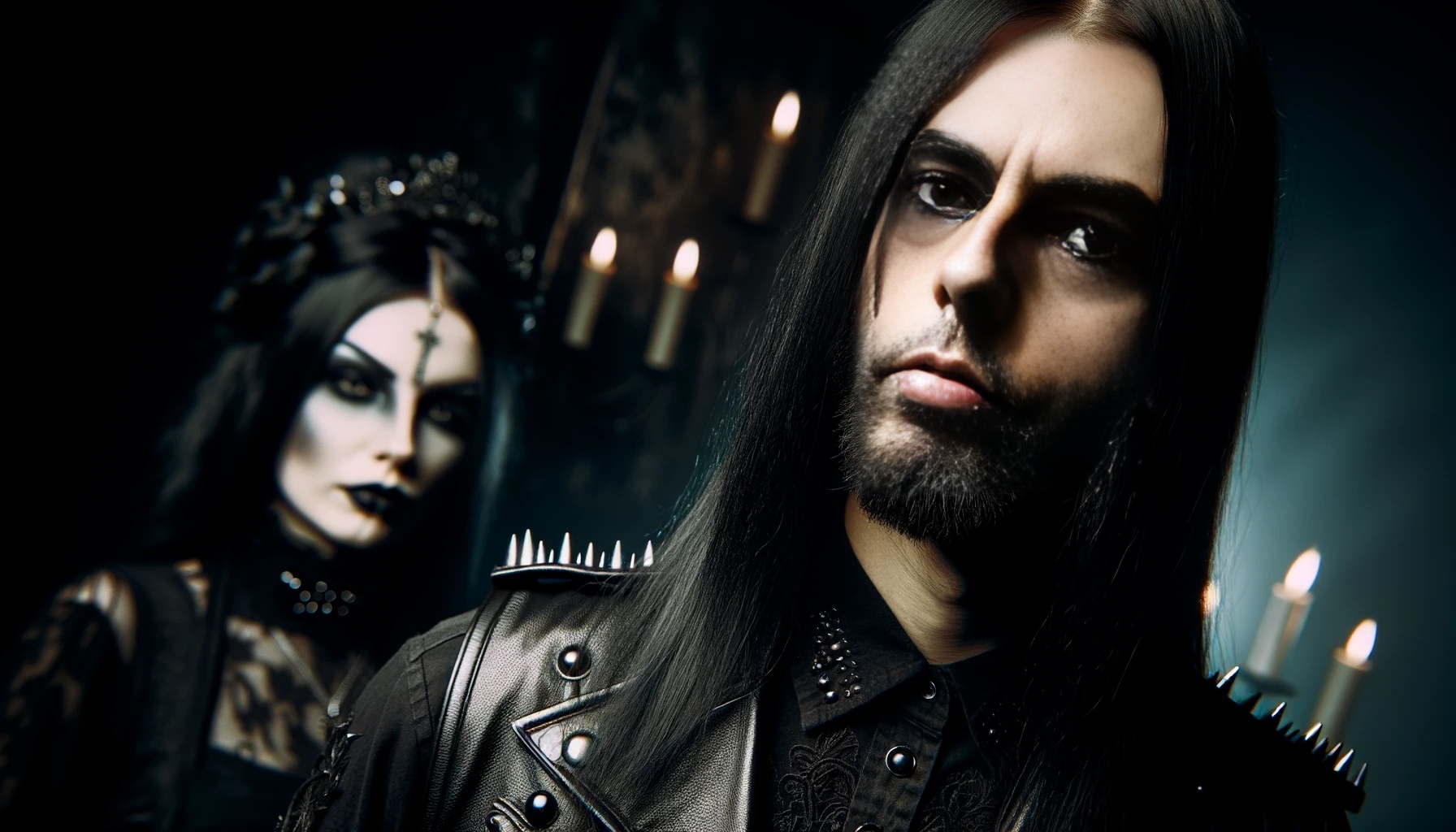In the early ’90s, the world was a chaos of flannel shirts and the echoes of the ’80s. But in the small village of Wacken, Germany, a different kind of rebellion was brewing, Wacken 1992. It was here, in 1992, where the seeds of what would become a metal utopia were sown.

The Birth of a Behemoth
It all started as a wild idea, a place where the fringe could find a home, where the heavy, the dark, and the loud could resonate freely. Wacken Open Air (WOA) first threw open its gates in 1990, but it was in ’92 when the festival really began to shape its identity.
Imagine a field, not yet scarred by the thousands of boots and battle vests, where the stage loomed like a beacon for the faithful. The lineup, though not star-studded by today’s standards, was nothing short of epic for the discerning metal enthusiast.
The Epic Lineup: A Template for Triumph
The organizers had a vision: to create a lineup that wasn’t just a list of bands, but a curated collection of metal’s finest, a blend of genres, a showcase of the underdogs and the heavy hitters. This philosophy turned Wacken into a pilgrimage site. The lineup was a melting pot of metal, with bands delivering power chords and drum blasts that could shake the earth.
Without dropping names, let’s just say that the ’92 roster was a masterclass in metal diversity. From thrash to doom, each band that took the stage was part of a larger tapestry, each performance a thread in the Wacken legacy.
The Grounds: Where Legends Roam
The grounds of Wacken ’92 weren’t just fields; they were hallowed lands. Each corner of the earth here vibrated with the pulse of double bass drums. It was a place where you could bang your head to the guttural growls of death metal by night and raise your horns to the gods of power metal by day.
The Fans: Metal’s Lifeblood
No festival is worth its salt without its fans, and the metalheads who made the journey to Wacken 1992 were the true architects of its legend. Clad in leather and denim, they came, they saw, they moshed. They were the lifeblood that gave Wacken its pulse, its purpose, its power.

Beyond the Mosh Pit: The Wacken Culture
Wacken ’92 wasn’t just about the bands; it was about culture. It was a space where the outcasts found community, where the metal militia could convene without the outside world’s judgments. It was a culture of acceptance, where the only thing that mattered was your love for the music.
The Legacy: Wacken’s Eternal Flame
Fast forward to today, and Wacken is a behemoth of a festival, drawing tens of thousands from across the globe. But it’s the ghost of ’92 that haunts the fields—a reminder of simpler times, of the year when Wacken began to roar.
The Festival That Became a Legend
Wacken 1992 may have been a small blip in the grand scheme of music festivals, but its impact was titanic. It laid the foundation for a festival that would become the annual Mecca for metalheads, a place where the spirit of metal is celebrated in all its raw and unadulterated glory.
So, raise your horns to the sky, remember the legacy, and know that when you step onto the grounds of Wacken, you’re walking on sacred earth. You’re part of a history that goes beyond the bands, beyond the music—it’s the history of a community, of a culture, of a family.
Now, if you want to dive deeper into the hallowed history of Wacken, head over to their official website. For more tales from the festival trenches, check out the Festival History series. And to join the legion, follow my social media chronicles at Xavi’s Hub.
Remember, in the world of metal, we’re all one. Until the next festival, keep the metal flame burning.
Follow me on social media


